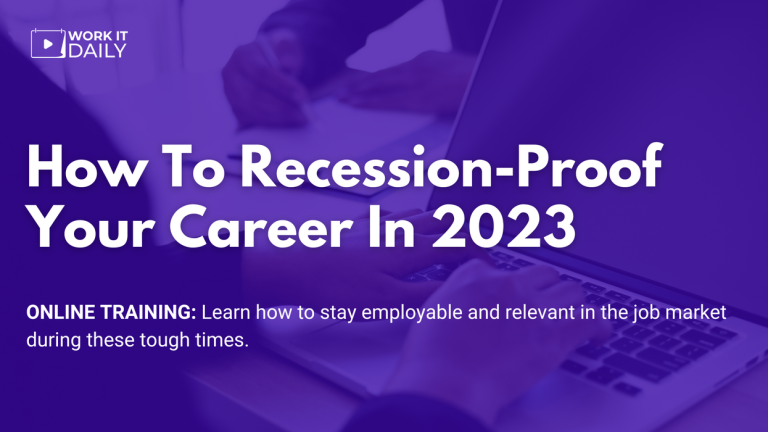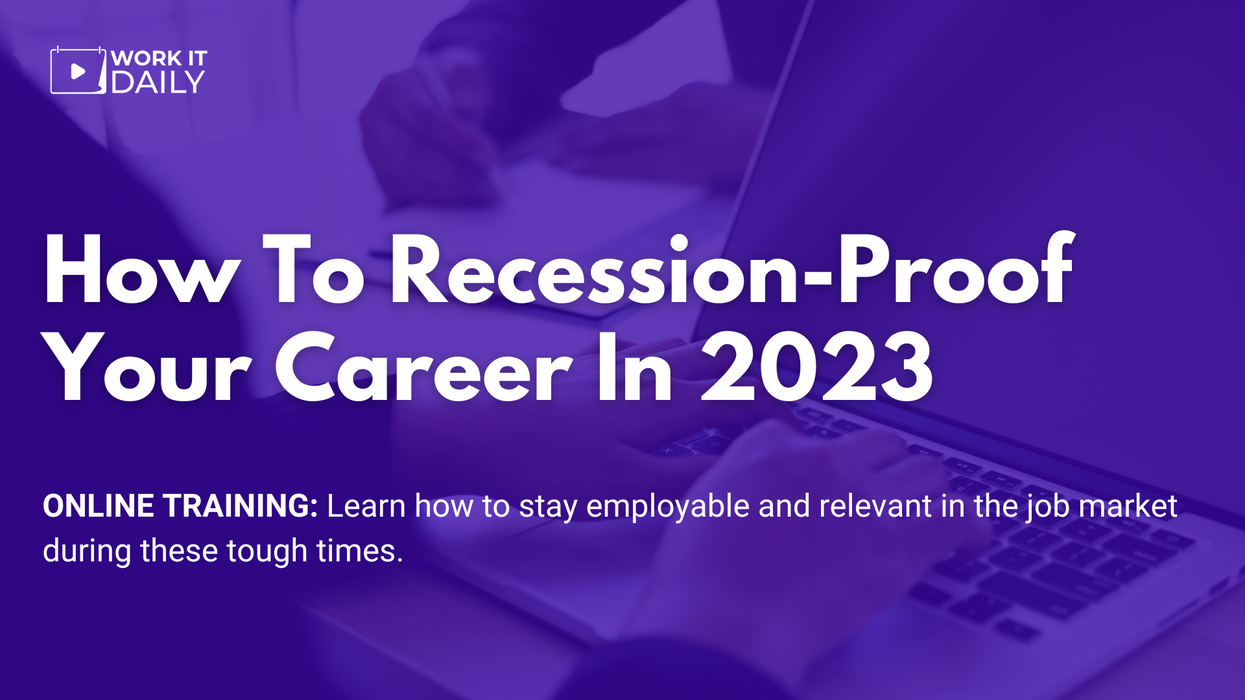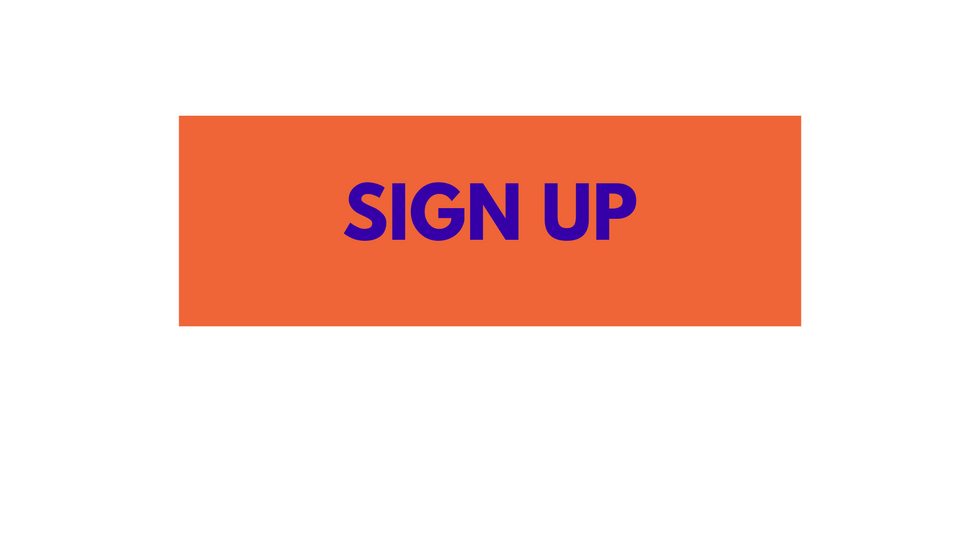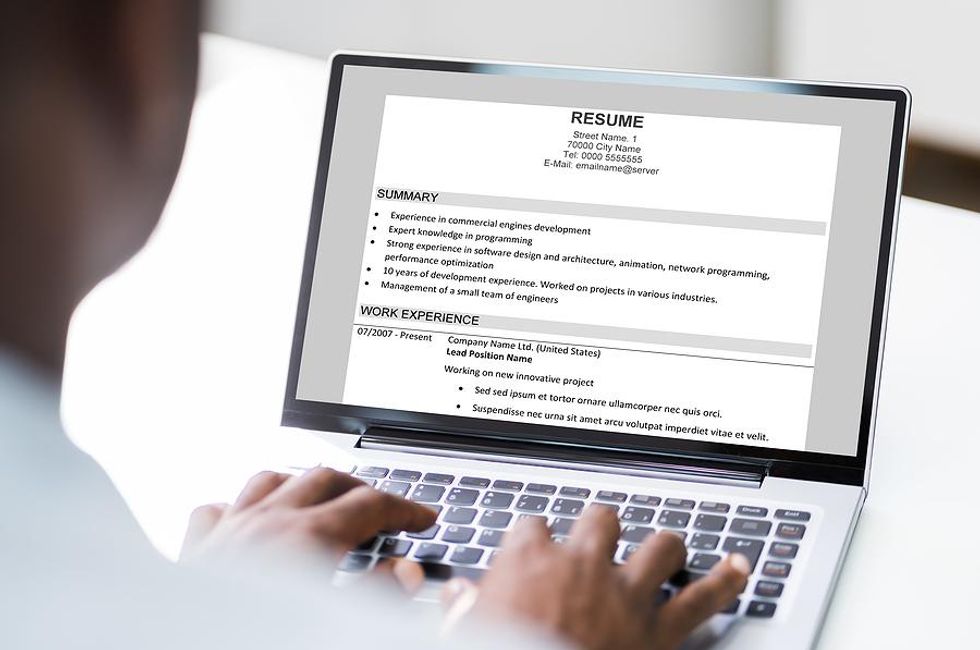6 Tips For Saving Money During A Career Transition

Whether it’s dealing with a job loss, struggling with a low-paying job, making a career change, or other unanticipated life events, we sometimes find ourselves in a career transition, and we need to pinch pennies to get by.
There are challenges to living a frugal lifestyle but, with proper planning, it can be done with little to no disruption. Here are some simple and practical ways to save money:
Cut Down On Dining Out

Dining out on a consistent basis can drain your bank account quickly. Food and drink add up when you go out (and then you also have to factor in the tip). The same goes for takeout food.
Dining out is a nice treat and a good thing to do once in a while but is not sustainable on a regular basis when you’re trying to stick to a budget.
The best way to save money is to put a strict limit on the number of times you dine out a month and rely on grocery shopping and prepping meals at home. There are many occasions where it’s possible to get multiple meals out of something that is prepared at home, which gives you more value for your buck. You should also try prepping your work meals in advance.
Sure, grocery shopping is a large expense. But, if done with proper planning, you’ll get more out of it than you would by going out all the time.
Make Your Own Coffee

Shouldn’t coffee go on the first list with groceries? Sure, it certainly could. But let’s be honest, at the rate Americans consume coffee, it’s worthy of having its own category.
Think about it…
Let’s say you buy your coffee out every day and it costs on average $3. That’s $15 a week, $60 a month, and $720 a year. That adds up! Imagine what you could do if you had that money back…or even just half of it.
Like dining out, there’s nothing wrong with treating yourself to a coffee out from time to time. But doing so on a daily basis is just another way to waste money.
Make your coffee at home. It’s the same caffeine buzz without the wasteful spending.
Become A Creative Bargain Shopper

Did you ever make fun of your parents for glancing at the sales flyers or clipping coupons? It may have seemed silly at the time, but there was a method to their madness: you never want to pass up an opportunity to save money.
Not all sales are equal. Some promotions will advertise a sale to entice you to try their product, but when you really look at it, they’re not really offering that much in terms of savings, if at all. It’s important to really look at each promotion to see if there are legitimate savings and if the product really offers value to you.
It also pays to be creative. Need some new winter clothes? Try buying them at the end of winter or the beginning of spring as stores attempt to clear inventory. The same goes for summer clothing. Crashing a “Back to School” sale is also a good way to load up on basic office supplies and some clothing items, especially shoes.
It can actually be kind of fun to find new and innovative ways to bargain shop. Each savings opportunity feels like a personal win.
Review All Extra CostsÂ

A gym membership is good to have, but if you’re only going once or twice a month, you need to either step up your workout regimen or cancel your gym membership. Same with that music streaming service you no longer use.
Cable is another large cost that adds up. Many people will often lock into elaborate packages based on a promotional offer but don’t account for the increase they’ll face when the promotion expires. Many also come to the realization that they never needed that many channels in the first place.
It’s important to take inventory of all your bills at least once a year to see if you’re still using the services that you are paying for. There are a lot of savings that can be achieved when you take a look at these “extra” things.
Understand That Not Every Activity Includes Spending Money

Yes, you do deserve to treat yourself once in a while to a night out, and yes, it will cost money. That’s fine if you plan properly.
However, it’s also important to keep in mind that it’s possible to have fun without spending money.
You could meet up with a friend to take a nature hike or play a sport. A trip to the beach or lake can be very affordable if you bring your own food, drink, and supplies. Many communities also offer free or low-cost entertainment options, such as concerts or movies in the park.
Cheap alternatives are always available if you’re willing to do some research and plan ahead.
Find Ways To Make Extra Money
Saving money is great, but making money is even better.
Consider the ways you can bring in additional income. Evaluate all the skills that you have and determine if you can turn any of them into freelance gigs. Perhaps you dabble in graphic design and can use your skills to help another business. Maybe you’re a writer looking to gain experience in journalism or content writing.
You could even have something that you’re passionate about that you would do even if you weren’t getting paid for it, sometimes known as a “side hustle.” Some people will even try their luck selling old and unwanted items online.
Whatever you decide to do, it’s always beneficial to keep your eyes open for additional money-making opportunities. You never know when opportunity may knock.
While all of the above tips can help you during a career transition, the reality is these tips are good common sense that can be applied no matter where you’re at in your life. We should always be looking to get the most bang for our buck, not throw money away.
Following these tips along with proper financial tracking and budgeting can really have a positive impact on your wallet.
Need more help during your career transition?
We’d love it if you signed up for Work It Daily’s Event Subscription! Get your career questions answered in our next live event!
This article was originally published at an earlier date.


























































